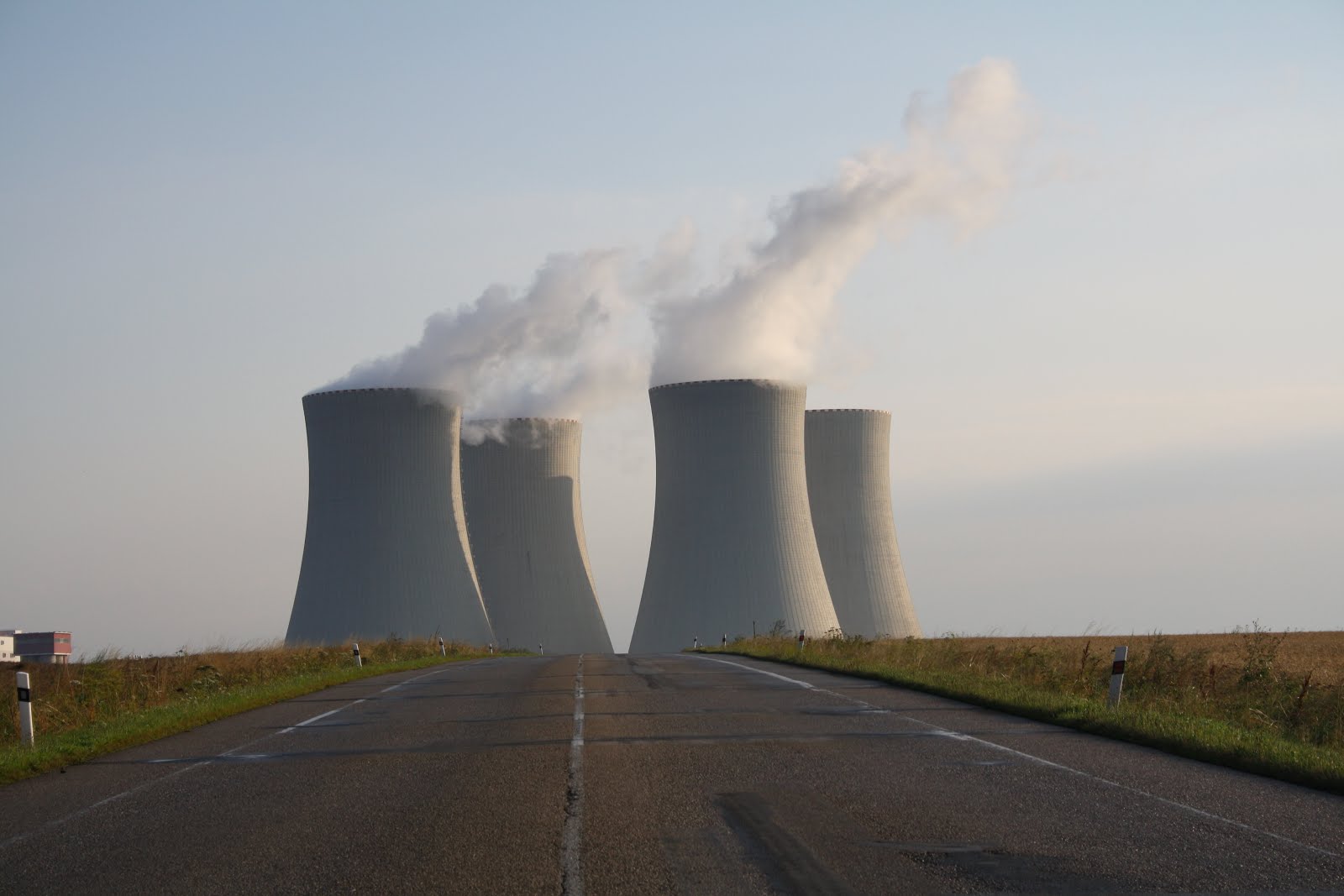In recent years, there has been a surge of interest in nuclear energy as a sustainable and efficient power source. With the rising demand for cleaner energy solutions, public nuclear energy companies have emerged as promising investment opportunities.
This growing interest is driven by the need to reduce carbon emissions, advancements in safety measures and technology, and the reliability of nuclear power plants. Additionally, nuclear energy supports economic growth and has improved waste management techniques.
As we seek sustainable energy sources, nuclear energy offers a low carbon footprint and potential for economic development while meeting our increasing energy needs.
| Pros of Nuclear Energy | Cons of Nuclear Energy |
|---|---|
| Low carbon emissions | Radioactive waste |
| Reliable power supply | High initial costs |
| Economic stimulation | Public perception |
Note: The table above highlights some pros and cons associated with nuclear energy.
Overview of Public Nuclear Energy Companies as Investment Opportunities
Public nuclear energy companies specialize in the production and distribution of nuclear power. They operate power plants that generate electricity through controlled nuclear reactions. Investing in this sector offers advantages such as long-term growth potential and the opportunity to contribute to a greener future.
These companies play a crucial role in meeting global energy needs, given the increasing demand for clean and sustainable sources. Nuclear power is considered environmentally friendly due to its low greenhouse gas emissions.
By investing in public nuclear energy companies, individuals actively support reducing carbon emissions and combating climate change.
Investing in public nuclear energy companies provides stability and potential revenue over several decades, as nuclear power plants typically have a lifespan of 40-60 years. Technological advancements have made reactors more efficient and secure, ensuring the reliability of electricity production.
However, it’s important to consider risks such as regulatory changes, public perception, and potential accidents associated with this sector before making investment decisions. Thorough research and analysis are crucial when evaluating opportunities in public nuclear energy companies.
Explaining the Concept of Nuclear Energy and Its Benefits
Nuclear energy, generated through nuclear fission, involves splitting atoms to produce a tremendous amount of heat. This heat is converted into electricity using steam turbines. A key benefit of nuclear energy is its high energy density, producing large amounts of electricity from small quantities of fuel.
Compared to fossil fuels, it is an efficient source that minimizes environmental impact by emitting no greenhouse gases. Additionally, nuclear power provides a reliable and consistent source of electricity, supported by advanced safety measures. Embracing nuclear energy can lead us towards a cleaner and sustainable future.
Highlighting the Environmental Advantages over Traditional Energy Sources
Nuclear power offers significant environmental advantages compared to coal or oil. It produces minimal greenhouse gas emissions and requires less land area for power generation than renewables like wind or solar.
Advances in technology have made modern reactors safer and more reliable, while strict waste management protocols ensure proper disposal of radioactive waste. In summary, nuclear power provides a cleaner and more sustainable energy option for the future.
Examining the Current State of Nuclear Power Worldwide
Nuclear power, with its potential to provide reliable and clean energy, faces a mix of challenges and opportunities worldwide. While some countries have reduced their reliance on nuclear power due to safety concerns or political factors, others see it as a crucial part of their energy mix.
The demand for consistent and sustainable energy, coupled with the need to reduce carbon emissions, has motivated many nations to invest in nuclear power. Despite safety concerns, advancements in technology and ongoing research aim to address these issues and enhance the role of nuclear power in meeting global energy needs.
Identifying Countries Leading in Nuclear Energy Production and Investment
The United States, China, Japan, Russia, and France are prominent players in nuclear energy production and investment. These countries have made significant investments in nuclear infrastructure and research to ensure a sustainable and secure energy future. The United States leads the way with its advanced technology and robust research program.
China is rapidly expanding its nuclear power capacity to meet growing energy demands. Japan is recovering from the Fukushima disaster but remains committed to nuclear energy. Russia boasts advanced reactor technology and exports its expertise globally. France heavily relies on nuclear power for electricity needs while reducing carbon emissions.
Understanding these key players provides valuable insights into potential growth opportunities in the global nuclear industry.
Discussing the Potential for Growth and Profitability in this Sector
Investing in public nuclear energy companies offers substantial potential for growth and profitability. As global electricity demand rises, the need for reliable and sustainable power sources becomes increasingly important. Nuclear energy provides a stable and efficient solution that can meet these growing demands.
Advancements in reactor technology and fuel efficiency are driving down costs, making nuclear power more competitive. Additionally, governments worldwide recognize the importance of diversifying their energy mix for long-term sustainability.
Public nuclear energy companies are well-positioned to play a vital role in meeting these needs while generating attractive returns for investors.
| Advantages of Investing in Public Nuclear Energy Companies |
|---|
| 1. Rising global electricity demand |
| 2. Improved safety features and reduced risks |
| 3. Increasing fuel efficiency |
| 4. Diversifying energy mix for sustainability |
Analyzing Historical Performance and Market Trends for Public Nuclear Energy Companies
Investing in public nuclear energy companies requires analyzing their historical performance and market trends. Studying past financial data helps assess how these companies have performed over time.
Market trends, such as government policies on clean energy and shifts in public perception towards nuclear power, also influence their future prospects.
Thorough research is crucial for making informed investment decisions, considering both internal factors like management and technology, as well as external factors like economic conditions and industry regulations. Evaluating how these companies adapt to emerging trends is key to identifying opportunities for long-term success.
[lyte id=’v59KxJU01YQ’]






